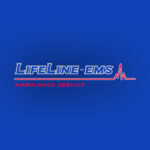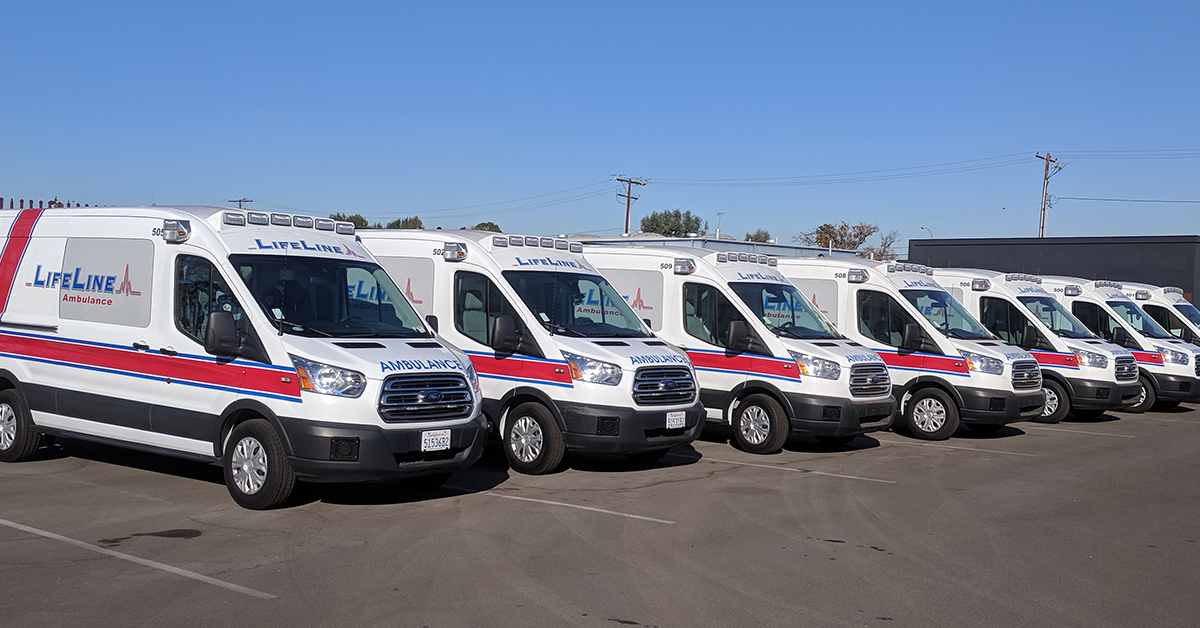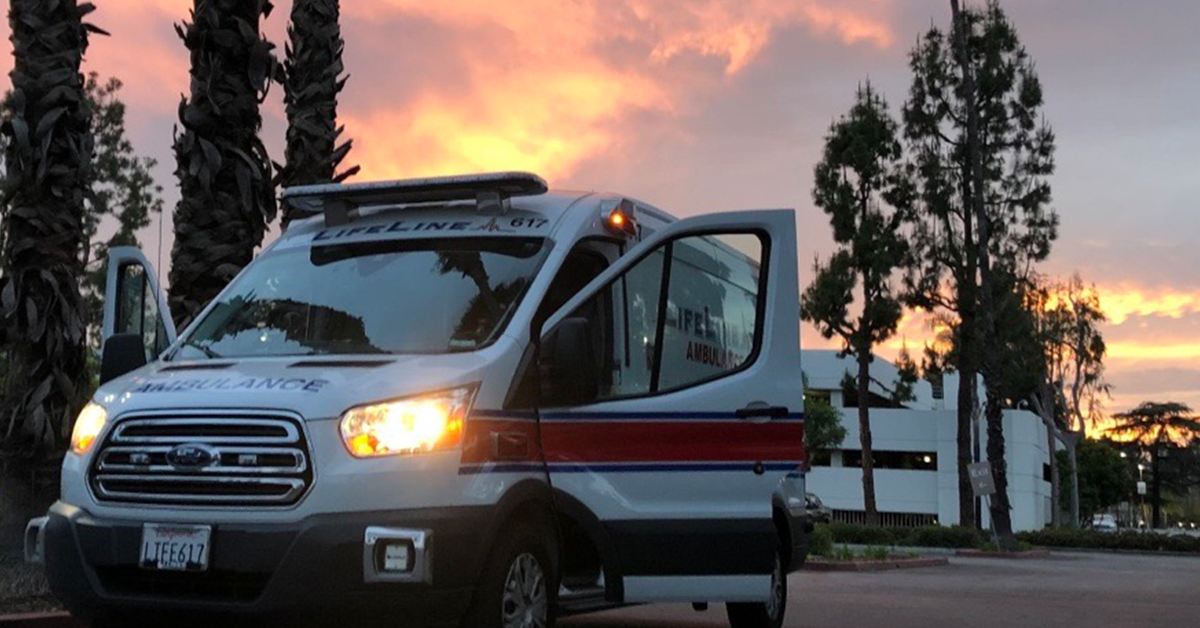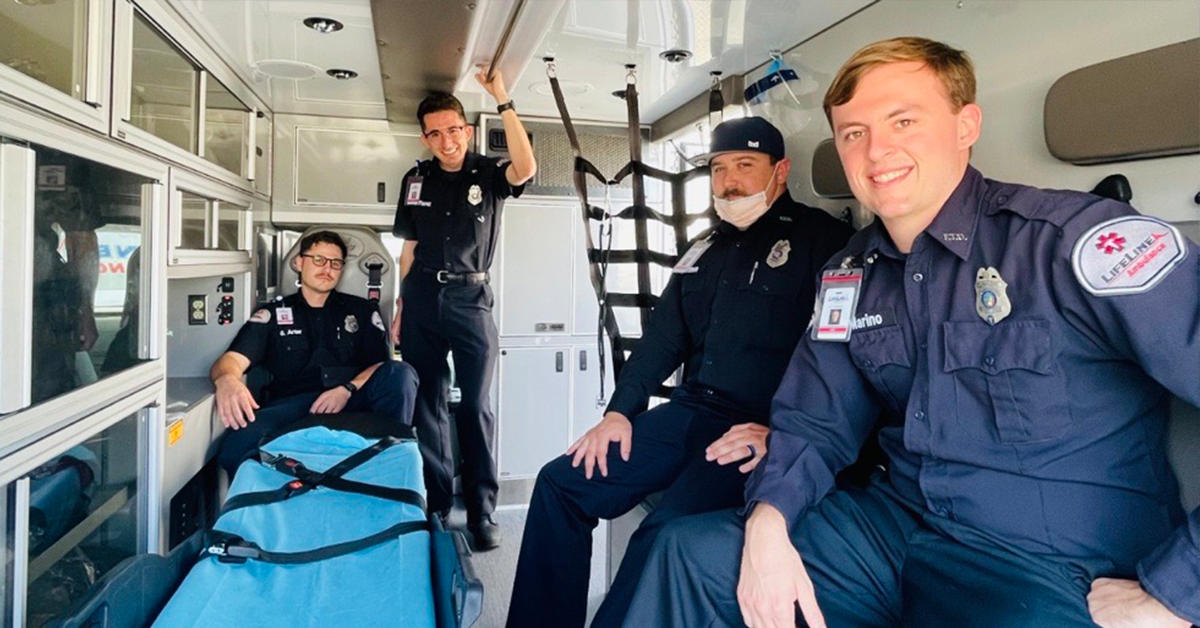Driving an ambulance is a unique and challenging experience that goes beyond simply transporting patients. It requires a combination of technical skills, quick thinking, and emotional resilience. EMTs and paramedics who drive ambulances gain invaluable life lessons that shape their character and enhance their professional capabilities. For those based in Los Angeles and Southern California, LifeLine EMS offers an environment where these lessons can be learned and applied. This article explores the valuable life lessons learned from driving an ambulance and how these experiences translate into broader life skills.
Lesson 1: The Importance of Quick Decision-Making
Driving an ambulance often means navigating through busy streets and responding to emergencies where every second counts. This environment teaches the importance of making quick, informed decisions.
Adaptability and Flexibility
Ambulance drivers must adapt to constantly changing situations. Whether it’s finding an alternate route due to traffic or deciding the best way to manage an on-scene emergency, adaptability is crucial.
Prioritization
In emergency situations, it’s essential to prioritize tasks effectively. Ambulance drivers learn to assess situations rapidly and determine the most critical actions, a skill that is valuable in both personal and professional life.
Lesson 2: Staying Calm Under Pressure
Emergency situations are inherently stressful. Driving an ambulance teaches the critical skill of remaining calm under pressure, which is vital for effective problem-solving and decision-making.
Stress Management
Learning to manage stress in high-pressure situations helps ambulance drivers remain focused and perform their duties efficiently. This ability to handle stress is beneficial in all areas of life.
Maintaining Composure
Staying composed allows ambulance drivers to think clearly and act decisively, even in chaotic situations. This composure is a valuable trait that can enhance leadership and teamwork in any setting.
Lesson 3: The Value of Teamwork
Driving an ambulance is not a solo job. It involves close collaboration with other EMTs, paramedics, and healthcare professionals. This experience underscores the value of teamwork and effective communication.
Collaborative Skills
Working in sync with a team to provide the best patient care fosters strong collaborative skills. Ambulance drivers learn to trust and rely on their colleagues, which is essential for successful outcomes.
Clear Communication
Effective communication is key in emergency medical services. Ambulance drivers must communicate clearly and concisely with their team and other emergency responders, ensuring everyone is on the same page.
Lesson 4: Empathy and Compassion
Driving an ambulance often means encountering people in some of their most vulnerable moments. This experience fosters a deep sense of empathy and compassion.
Understanding and Support
Providing support to patients and their families during emergencies teaches ambulance drivers to be empathetic listeners and compassionate caregivers. This ability to understand and support others is invaluable in building strong personal and professional relationships.
Human Connection
The human connection made during these critical moments can be profoundly impactful. Ambulance drivers often find a sense of purpose and fulfillment in knowing they have made a difference in someone’s life.
Lesson 5: Responsibility and Accountability
Ambulance drivers hold significant responsibility for the safety and well-being of their patients. This role instills a strong sense of accountability.
Duty of Care
The duty of care that comes with driving an ambulance emphasizes the importance of responsibility. Ambulance drivers learn to take their roles seriously, understanding that their actions directly affect patient outcomes.
Professional Integrity
Maintaining high standards of professional integrity is crucial in emergency medical services. Ambulance drivers develop a strong ethical framework that guides their decisions and actions.
Lesson 6: Time Management and Efficiency
In emergency medical services, time is of the essence. Driving an ambulance teaches the importance of time management and efficiency.
Effective Scheduling
Ambulance drivers learn to manage their time effectively, balancing the urgency of emergencies with the need for thorough and careful patient care.
Streamlined Processes
The need for efficiency in emergencies translates into the ability to streamline processes and eliminate unnecessary steps, a skill that is beneficial in any career.
Lesson 7: Resilience and Perseverance
The challenges faced while driving an ambulance require a high level of resilience and perseverance. These traits are developed and strengthened through experience.
Overcoming Adversity
Ambulance drivers often encounter difficult and emotionally taxing situations. Learning to overcome these challenges builds resilience and the ability to persevere through tough times.
Continuous Improvement
The drive to continuously improve and provide the best possible care is a hallmark of emergency medical services. Ambulance drivers are constantly learning and adapting, striving for excellence in their work.
The LifeLine EMS Advantage
For those looking to start or advance their career in emergency medical services, LifeLine EMS in Los Angeles and Southern California provides the perfect environment to learn and grow. Here’s why LifeLine EMS stands out:
Comprehensive Training Programs
LifeLine EMS offers extensive training programs that prepare EMTs and paramedics for the challenges of driving an ambulance. These programs include classroom instruction, hands-on training, and real-world experience.
Supportive Work Environment
A supportive and collaborative work environment is crucial for professional development. LifeLine EMS fosters a culture of teamwork, respect, and open communication, ensuring that employees feel valued and supported.
Career Advancement Opportunities
LifeLine EMS is committed to the professional growth of its employees, offering numerous opportunities for career advancement. Whether you aim to advance within EMS, transition to nursing or healthcare administration, or move into public health, LifeLine EMS provides the support and resources needed to achieve your goals.
Competitive Compensation and Benefits
LifeLine EMS recognizes the hard work and dedication of its employees by offering competitive compensation packages and comprehensive benefits. This includes health and dental insurance, retirement plans, and generous paid time off policies.
Impactful Community Engagement
LifeLine EMS is deeply committed to the communities they serve. EMS professionals participate in public health education initiatives, community events, and school programs, enhancing their connection to the community and their sense of purpose.
Keep Reading
Want more? Here are some other blog posts you might be interested in.
Emergency Medical Services s a high-stress, physically demanding profession that requires dedication, quick decision-making, and resilience. While the rewards of saving lives...
Emergency Medical Services professionals are often the first point of contact during critical health crises. While technical expertise is essential in emergency...
Emergency Medical Services play a critical role in ensuring the health and safety of communities. In Southern California, including Los Angeles, the...






